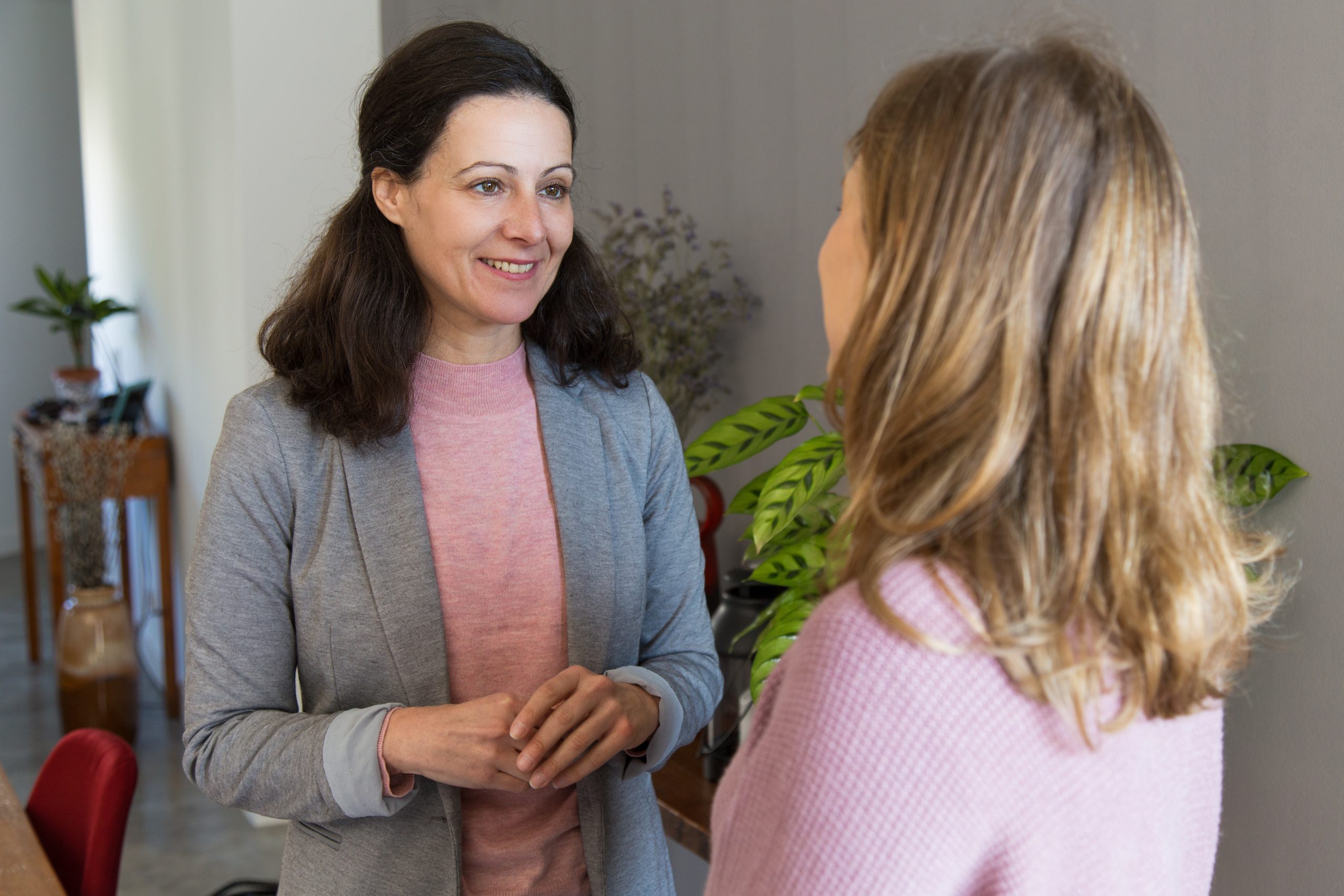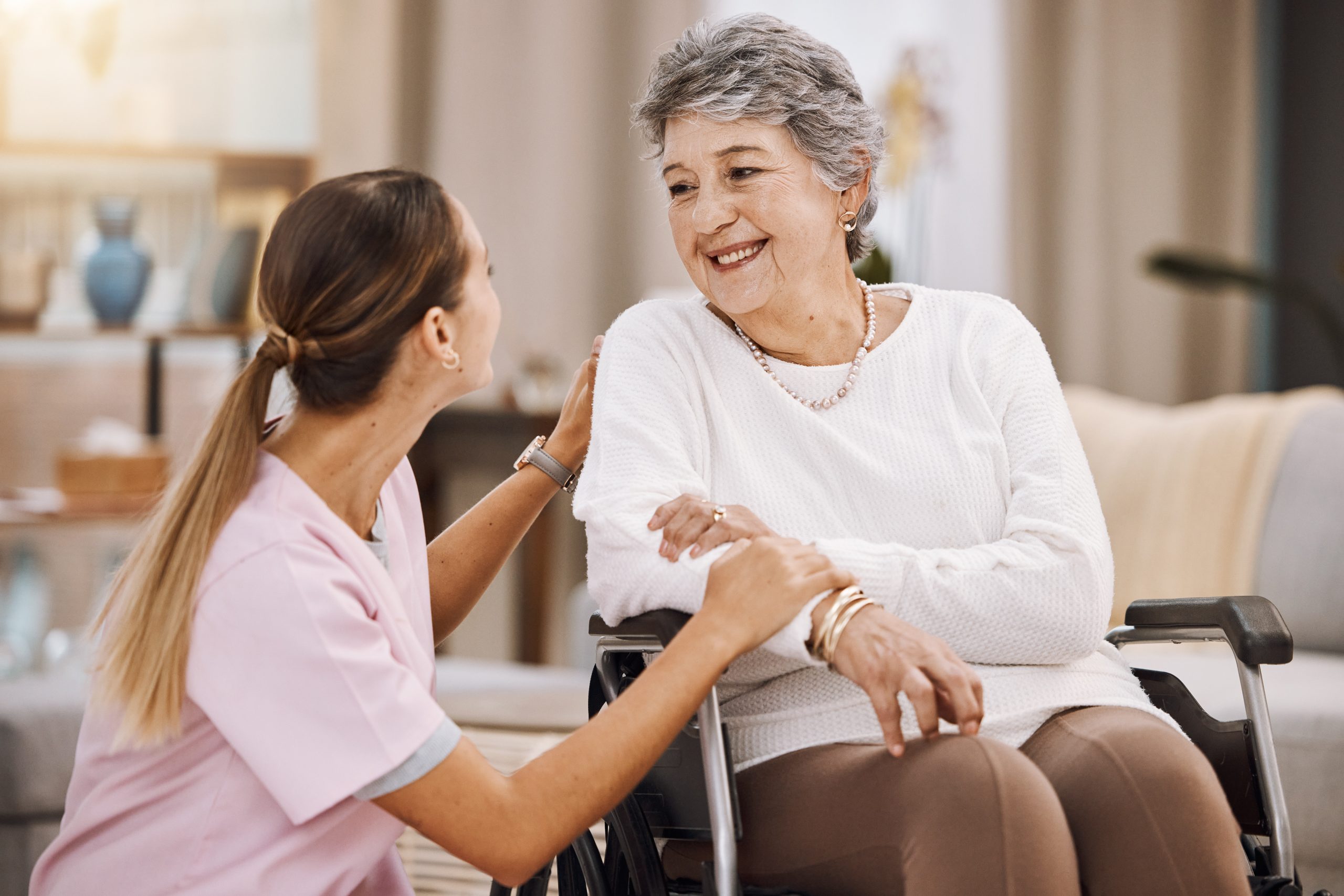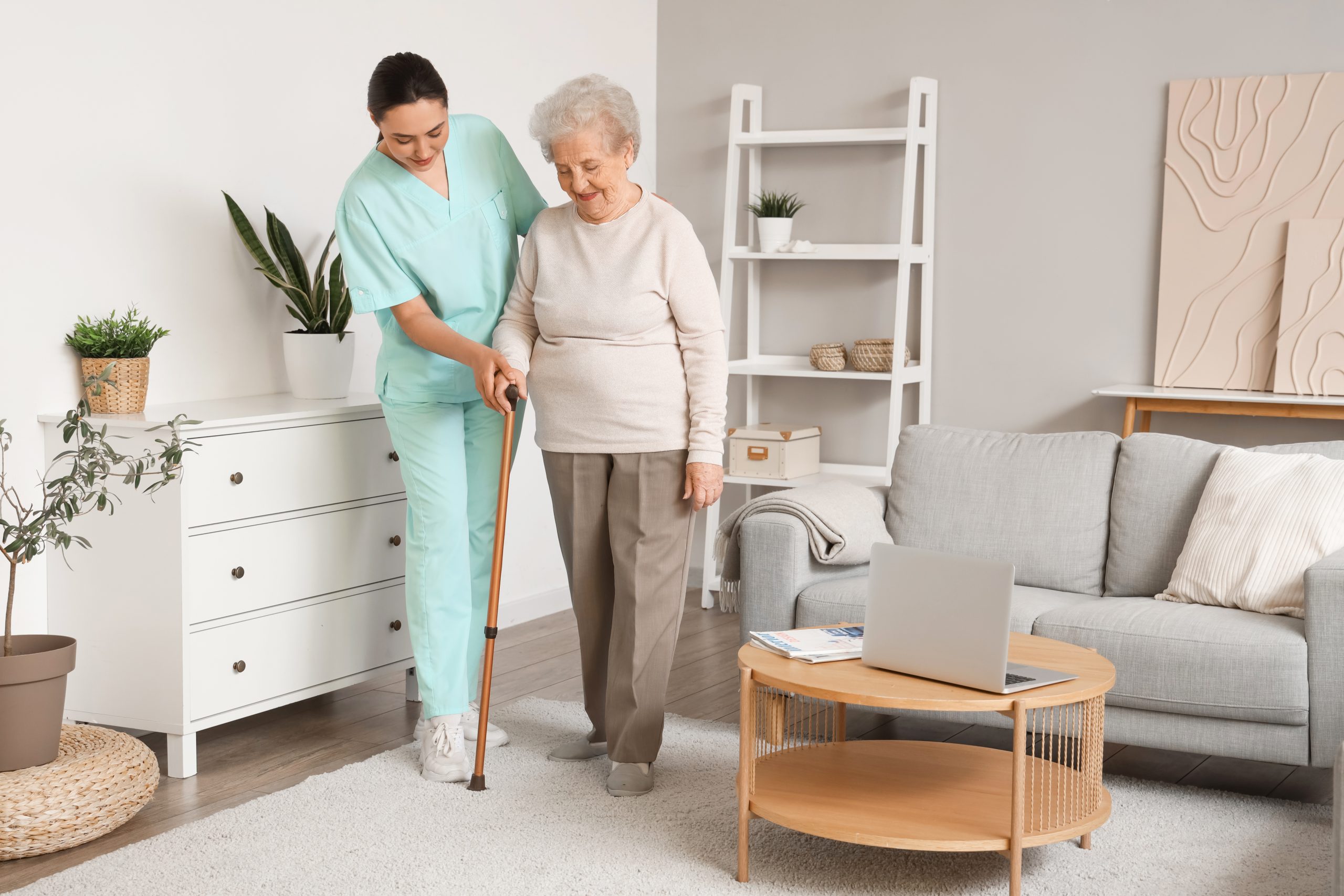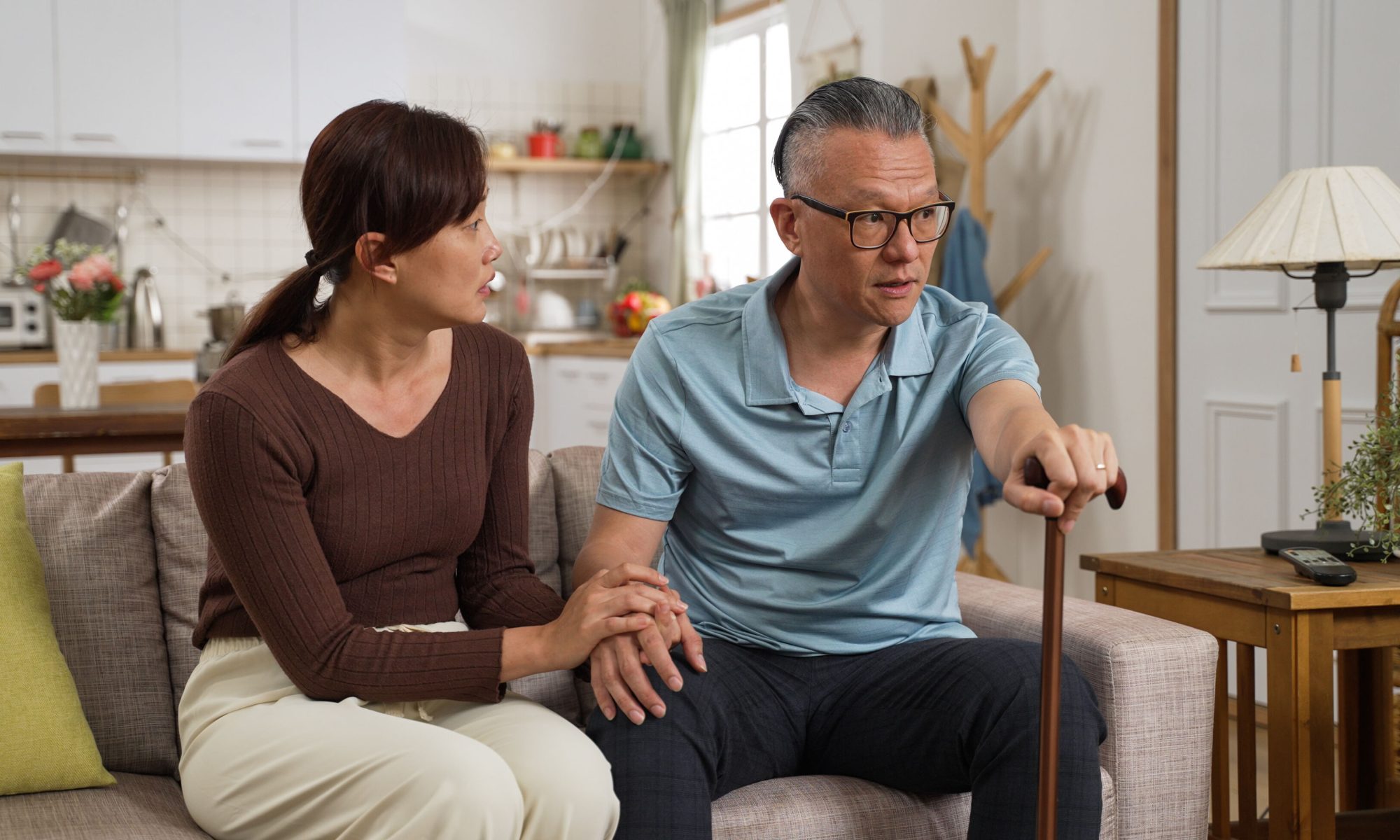
Table of Content
When someone you care about has dementia, maintaining meaningful communication can feel challenging as the condition progresses. However, with the right approach and techniques, you can continue to connect with your loved one in ways that bring comfort and joy to both of you. Understanding how dementia affects communication and adapting your methods accordingly will preserve your relationship and reduce frustration for everyone involved.
Create a Calm and Supportive Environment
The physical and emotional setting plays a crucial role in successful communication with someone who has dementia. A peaceful atmosphere can significantly enhance your loved one’s ability to focus and respond.
- Minimize distractions by turning off the television, radio, or other background noise.
- Choose well-lit spaces where your loved one can see your facial expressions clearly.
- Maintain a comfortable distance—close enough to be heard but not so close as to feel intrusive.
- Stay calm and patient, as your emotional state will directly influence your loved one’s.
- Pick optimal times when your loved one is most alert, typically earlier in the day.
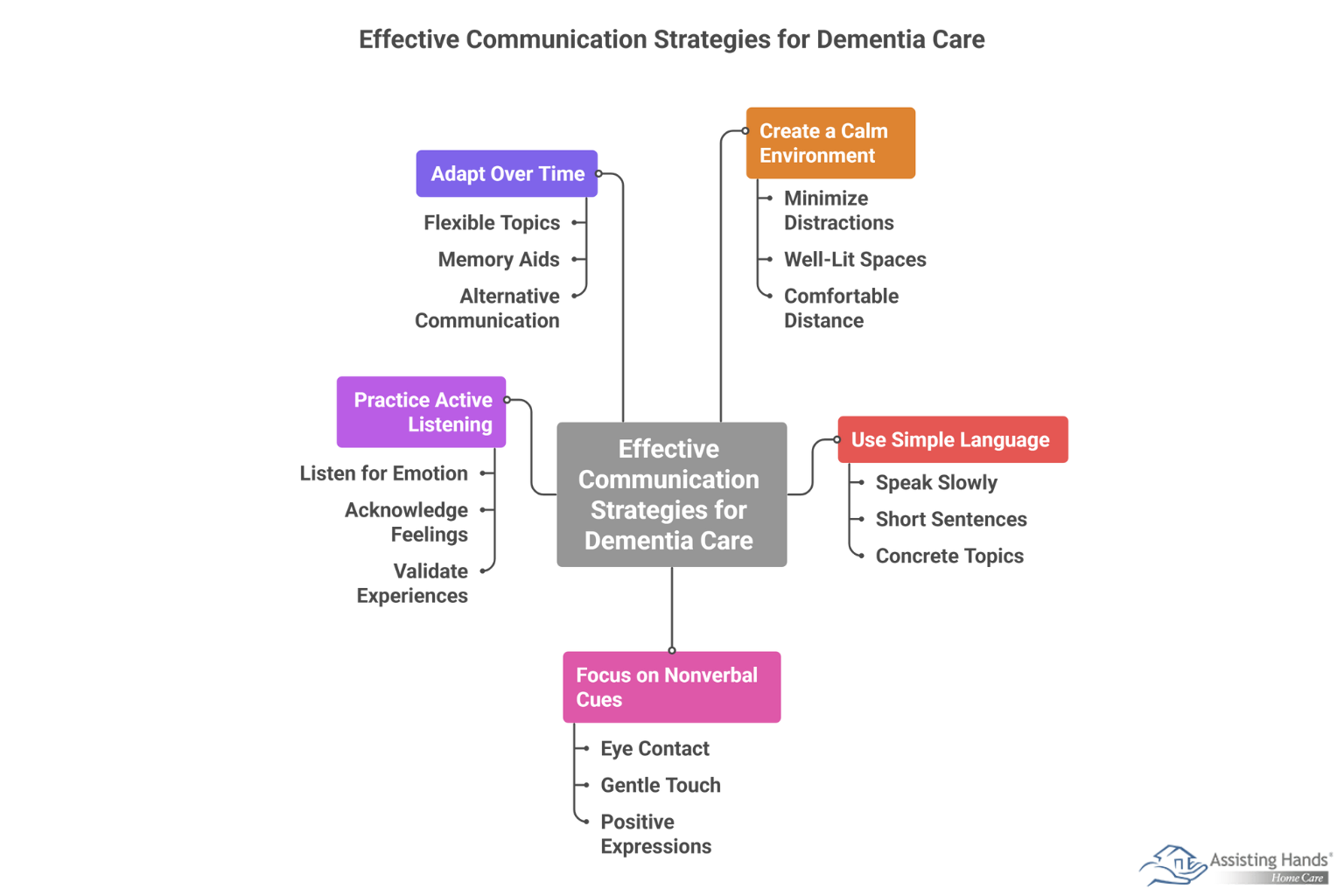
Use Simple and Clear Language
Dementia affects language processing, making it essential to adjust how you speak and what you say.
- Speak slowly and clearly using a gentle, reassuring tone.
- Use simple words and short sentences rather than complex explanations.
- Ask one question at a time and wait for a response before continuing.
- Avoid abstract concepts and focus on concrete, familiar topics.
- Repeat important information when necessary, using the same words each time.
- Give your loved one time to process what you’ve said before expecting a response.
Trained caregivers who have experience in communicating with seniors with dementia can be a fantastic resource for family members. If your senior loved one has been diagnosed with a serious condition and needs help with tasks like meal prep, transportation, bathing, and grooming, reach out to Assisting Hands Home Care, a leading provider of senior home care families can trust. We also offer comprehensive care for seniors with dementia, Alzheimer’s, and Parkinson’s.
Focus on Nonverbal Communication
As verbal abilities decline, nonverbal communication becomes increasingly important for connecting with your loved one.
- Make eye contact to show you’re engaged and present.
- Use gentle touch like holding hands or a light touch on the shoulder (if your loved one is comfortable with it).
- Pay attention to your loved one’s body language to understand his or her emotions and needs.
- Smile and use positive facial expressions to convey warmth and reassurance.
- Match your loved one’s emotions rather than trying to correct or change his or her feelings.
Living with dementia can make it difficult for seniors to manage everyday tasks on their own. If your senior loved one needs help managing an illness or assistance with daily tasks, make sure you choose a top-rated provider of elderly home care. Assisting Hands Home Care Columbia is here to help your loved one live a happier and healthier life in the golden years.
Practice Active Listening and Validation
Even when conversations become difficult to follow, showing you value what your loved one is trying to communicate remains vital.
- Listen for the emotion behind your loved one’s words rather than focusing solely on facts.
- Acknowledge your loved one’s feelings with phrases like “That sounds important to you.”
- Don’t correct minor mistakes unless it’s necessary for safety.
- Ask clarifying questions gently if you don’t understand something.
- Show interest in your loved one’s stories, even if he or she has told them many times before.
- Validate your loved one’s experiences rather than arguing about details that may be confused.
Adapt Your Approach Over Time
As dementia progresses, your communication strategies will need to evolve to match your loved one’s changing abilities.
- Be flexible with conversation topics and follow your loved one’s lead.
- Use memory aids like photos or familiar objects to spark conversations.
- Focus on feelings and experiences rather than trying to maintain logical discussions.
- Embrace moments of connection even if they’re brief or different from past interactions.
- Consider alternative forms of communication like music, art, or shared activities when words become more difficult.
Remember every person with dementia is unique, and what works for one individual may not work for another. Pay attention to your loved one’s responses and adjust your approach accordingly. Some days will be better than others, and that’s completely normal. The goal isn’t perfect communication but rather maintaining connection and showing your love and support in whatever way feels most natural and comfortable for both of you.
Aging in place can present a few challenges for seniors living with dementia. However, they can still live independently at home with the help of professional dementia care. Columbia families can rely on Assisting Hands Home Care to provide their elderly loved ones with mental and social stimulation, timely medication reminders, assistance with meal prep, and much more. Our caregivers are available around the clock to help your loved one live a happier and healthier life. If your loved one needs help with the challenges of aging, call one of our compassionate Care Managers today.
